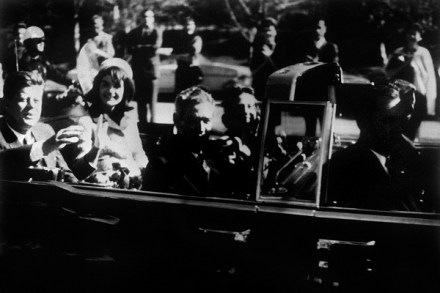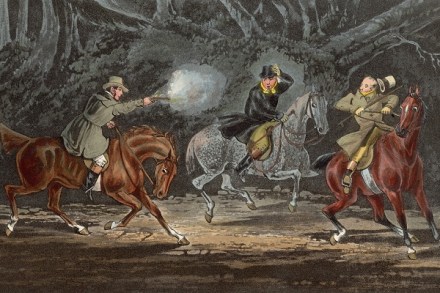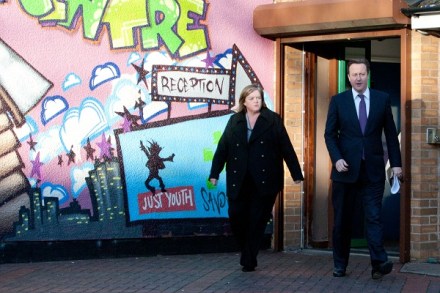Cabinet row over imprisoned SAS soldier
A lunchtime spat has broken out over Sergeant Danny Nightingale, the SAS serviceman who was sentenced to 18 months in prison by a court martial after pleading guilty to possession of a prohibited firearm (a 9mm Glock pistol) and ammunition. Sgt Nightingale’s case has attracted wide public support. His friends and family said that the pistol, which was a ‘war gift’ from Iraqi soldiers he mentored in 2007, had not been packed by him, and added that a brain injury had made him forget that it was among his possessions. Supporters say that, owing to these facts, the sentence is unduly harsh. The government’s hand has been forced. The Defence Secretary, Philip Hammond,



















